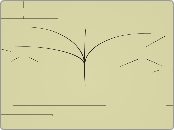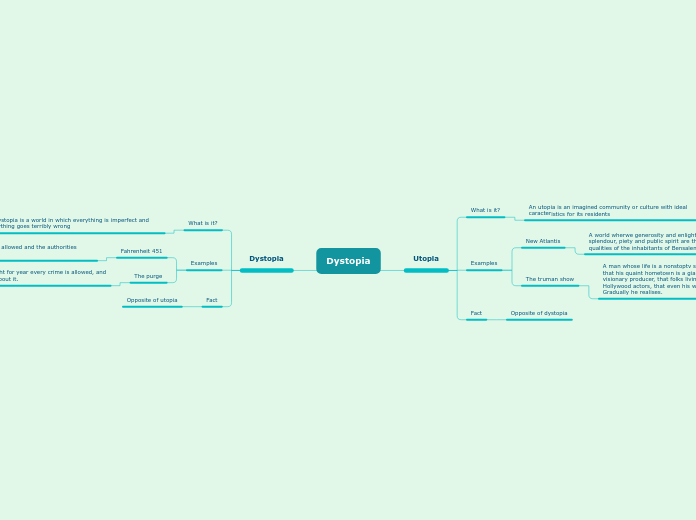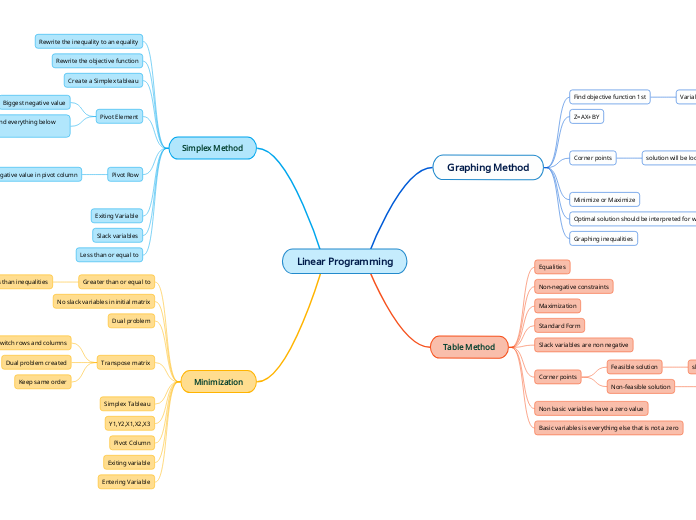jonka Waleed Iqbal 4 vuotta sitten
801
The French Revolution
During the French Revolution, profound social tensions existed between the dominating classes and the peasantry. A glaring issue was the unequal distribution of land, with peasants constituting about 80%









